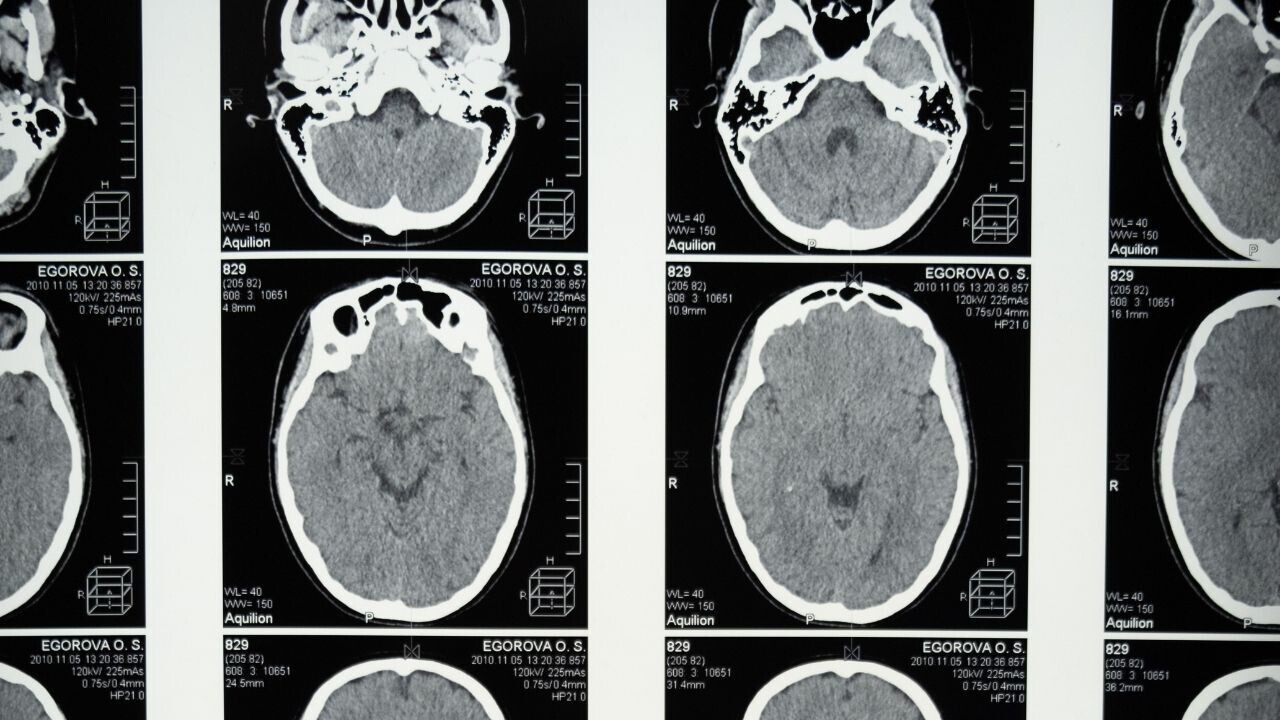Scientists at Cambridge University have developed an AI system that they believe could diagnose dementia from a single brain scan.
Pre-clinical testing suggests the tech can spot signs of dementia years before symptoms develop. The system is now being evaluated in clinical trials.
Up front: Doctors currently diagnose dementia through multiple cognitive tests and brain scans.
This process can take between four to 12 weeks, according to the Alzheimer’s Society.
The AI tool was designed to provide quicker diagnoses and predictions on how the condition will develop.
The system’s algorithm searches for patterns in brain scans that neurologists can’t detect. These are then matched to patient outcomes in a database to make a diagnosis.
Prof Zoe Kourtzi, of Cambridge University, told the BBC that the system could improve patient outcomes:
If we intervene early, the treatments can kick in early and slow down the progression of the disease and at the same time avoid more damage. And it’s likely that symptoms occur much later in life or may never occur.
The tool is now being tested in memory clinics across the UK. The researchers expect around 500 patients to participate in the first year of the trial.
Quick take: Dementia is complicated to diagnose. AI has the potential to speed up the process and spot patterns that the human eye can’t see.
The new research, however, is still in its early stages. Dementia experts have also warned that it’s infeasible for a single scan to provide a certain diagnosis. Expectations for the AI system should be tempered until the trials are complete, but it does sound promising as a tool to help clinicians.
Greetings Humanoids! Did you know we have a newsletter all about AI? You can subscribe to it right here.
Get the TNW newsletter
Get the most important tech news in your inbox each week.






